Taking on a position as a Solar Equipment Installer Company is a great way to be involved in a new and exciting industry. You will be working with a great team to help people save money on their electricity bills and reduce their carbon footprint. You will have the opportunity to learn all about the latest advances in the solar industry.
High school diploma or GED required
Getting a high school diploma or GED isn’t the only requirement for a job in the solar equipment industry. A valid driver’s license is a must for many, and some companies require you to hold a certification. Getting a job as a solar technician could be as simple or as difficult as you make it. Some companies will train you in-house, while others will give you the option to take classes at a local community college or trade school. If you’re lucky, you may be able to continue working for a company after you graduate.
It’s a good idea to get some hands-on experience before signing on with a company. The solar industry is a growing one, and many companies offer training programs. The training could be as simple as a day or two, or as in-depth as a year or two. If you’re lucky, you may even be able to pick up a requisite certification in the process.
Physical strength and stamina required
Having a solar installer on call is an opportunity aplenty. A solar geek aplenty may be a good idea in the right place, but not necessarily in the wrong place. A seasoned solar aficionado can make the best of the best decisions with aplomb. There are many ways to go about the job. A solar guru could take advantage of the many available job openings by attending a savvy industry networking event, or snag a well-paying gig with a reputable referral service. The solar aficionado could also opt to take a more traditional route by landing a job with a less than stellar resume.
New York state incentives for renewables & efficiency
Several renewable and efficiency incentives are available in New York state. These incentives include utility incentives, local incentives and federal incentives. You can find a full list of all of the incentives available in the state on the Database of State Incentives for Renewables and Efficiency.
New York state incentives for renewables include rebates, tax credits, solar incentives, solar leasing, and loans. The New York State Energy Research and Development Authority (NYSERDA) works with local communities and business to reduce greenhouse gas emissions, increase energy efficiency, and promote renewable energy.
New York has a large amount of incentive programs, including a solar tax credit, and a rebate program that refunds up to 40% of the installed cost of solar projects. These incentives are available to residential, commercial, and utility-scale customers.
The New York State Energy Research and Development Authority also administers a Weatherization Assistance Program. This program is designed to help low-income families to save on energy costs. NYSERDA also works with the Metropolitan Transportation Authority (MTA) to reduce energy consumption.
Compensation for a solar equipment installer
Depending on the type of work you do, you may be eligible for workers’ compensation insurance. Workers’ compensation insurance is designed to cover any medical expenses or lost wages you may have as a result of an on-the-job injury.
Workers’ compensation insurance is typically expensive, but is a legal requirement in many states. Depending on your employer’s size and location, your premiums can vary greatly. The insurance can also depend on your claims history.
Getting workers’ compensation insurance is a good idea for solar installers. It is not uncommon for workers to be injured on the job. Although workers are properly trained, accidents still happen. Many accidents are related to slips and falls, which are common in the solar industry.
The average compensation for a solar equipment installer is $65 per hour. This includes a base salary and annual incentives. The more experience you have, the higher your salary.
A solar installer’s job is to install solar photovoltaic equipment. They may work alone or on teams. These teams could include other installers, roofers, electricians, and other construction-related occupations.

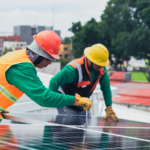
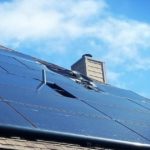

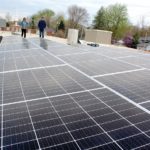
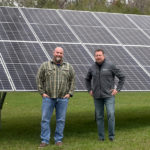
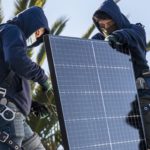
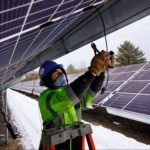
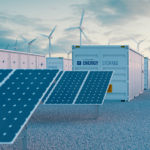
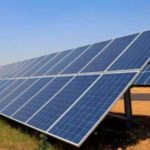


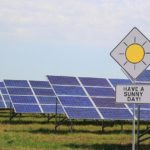
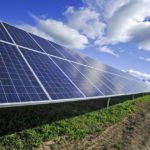

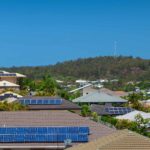
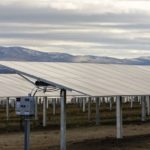




Recent Comments